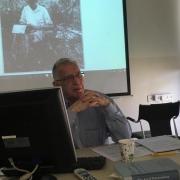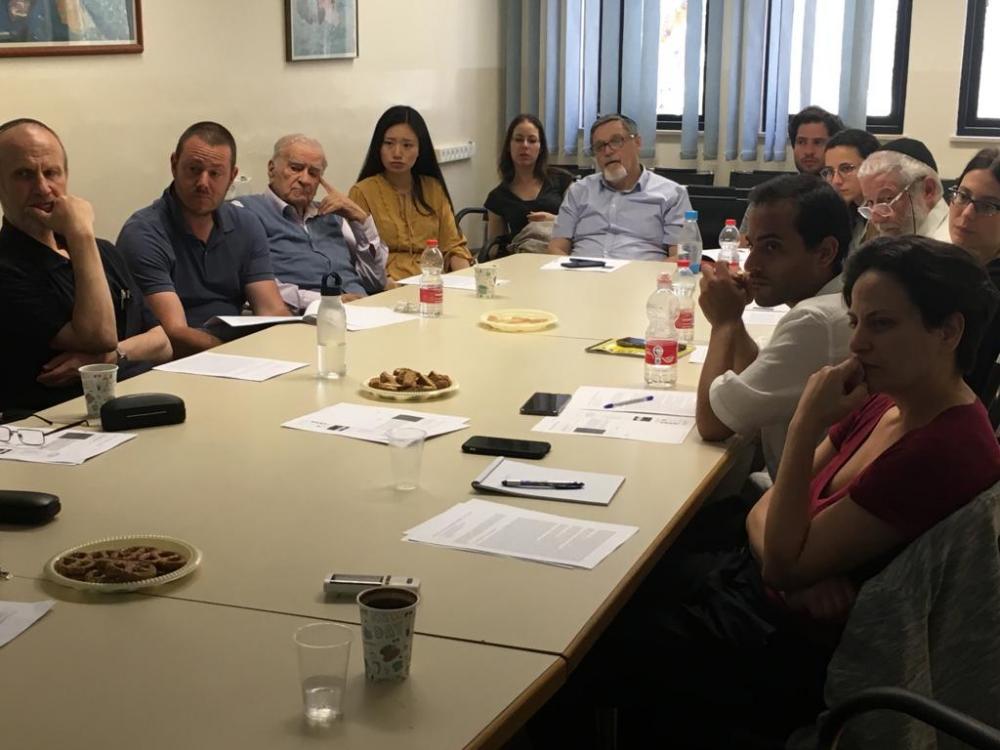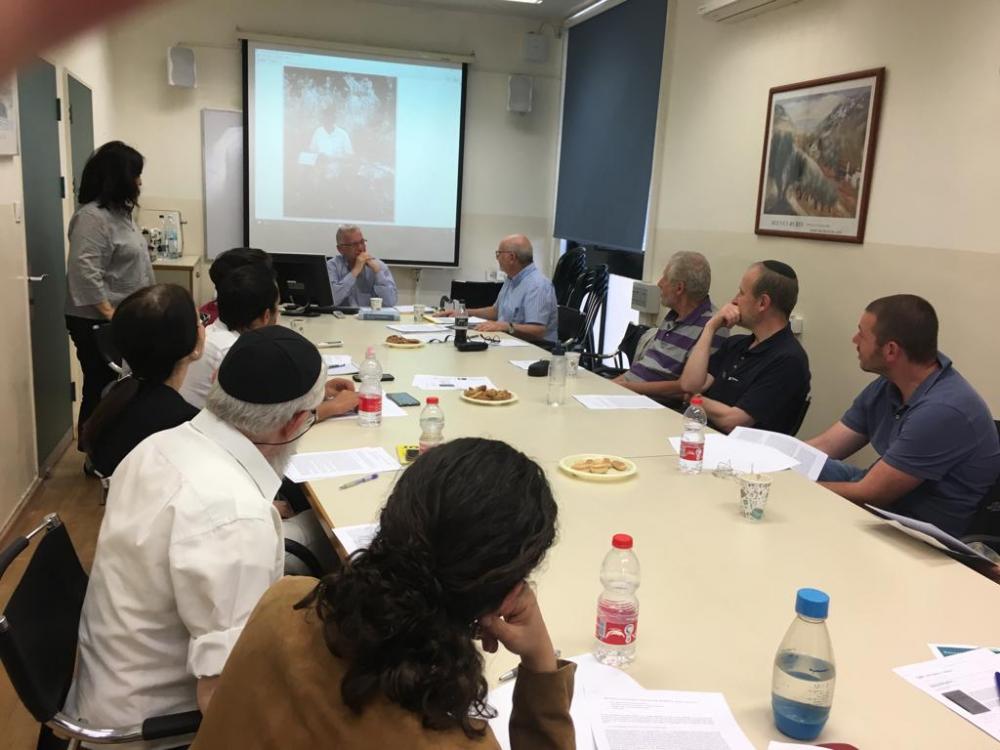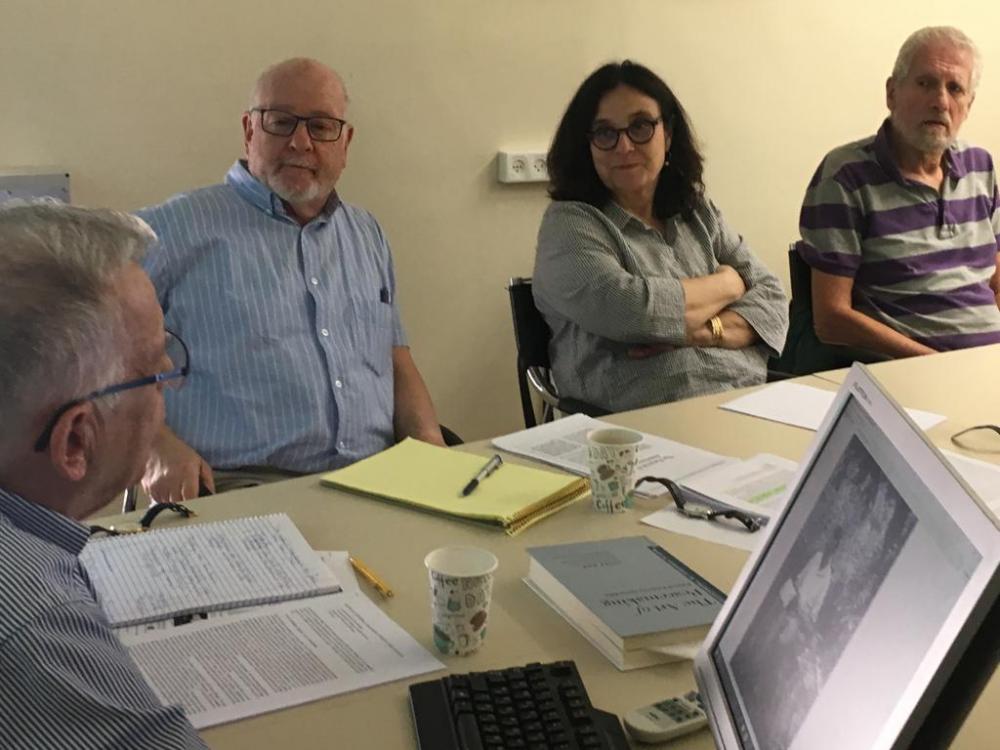
On Monday, 15 May 2019, SICSA held a Research Seminar titled Political hysteria: Diagnosis, Remedy and Context, featuring a lecture by Prof. Iván Zoltán Dénes (Visiting Scholar Fellow at SICSA) that introduced a close reading of a very unusual possibilist and contactualist interpretation of anti-Semitism.
István Bibó (born August 7, 1911, Budapest, Hungary; died May 10 1979, Budapest), lawyer, professor of political science and the philosophy of law, eminent political thinker, the last minister of the Imre Nagy government, political prisoner for seven years, a role model for dissident intellectuals in the late communist era. He came from a paternal side Calvinist and from maternal side Catholic intellectual backgrounds. He earned his PhD in international law and philosophy of law at the Faculty of Political and Legal Studies at the University of Szeged.

After four years of working on it, Bibó published a study that had included an elaborate examination of the situation of the Jews, provided a differentiated and clear diagnosis, and took a stance accepting the raison d’être of assimilation, minority consciousness and Zionism. In it, he set an example to assuming personal responsibility. In his interpretation of Anti-Semitism, he took into account the joint role of anti-Jewish Christian religious prejudice, the experiences resulting from a dehumanized co-organization of Jews and their environment and the confusions in the social development of an assimilating society. He deconstructed, analysed and rejected the popular thesis of Communist rule as the rule of the Jews. He expounded all this in 1948 by separating what a non-Jew could say to a non-Jew, non-Jew to a Jew, a Jew to a non-Jew, and a Jew to a Jew. He addressed primarily his non-Jewish compatriots, but he received positive responses in the months after its publication mostly from Zionist Jews.
Half a year after its publication, the communist dictatorship, which had already established itself by the time, fully put an end to the freedom of the press and speech, as indeed all other freedoms, and thus excluded any possibility of an open public debate on Bibó’s essay and it becoming the opportunity of a Hungarian Historikerstreit.

Bibó’s characteristic self-effacement, his profound lack of self-aggrandizement, is responsible for our sporadic information on the lives he saved: he would have regarded documenting his deeds as out of keeping with his heightened moral sensibility. What he regarded far more important was to argue against Anti-Semitism; his seminal study on the Jewish question was not only an honest addressing of the issues of Hungarian responsibility in the Shoah, not only a major testament to humanity as a new dark age was imminent, but it helped many by clearing up confusions. Few Hungarian writings have been so efficient; it actually contributed to healing the world. His heritage is a challenge to everyone intending to do so. In thought and deed, he belonged to the Righteous of the World.





